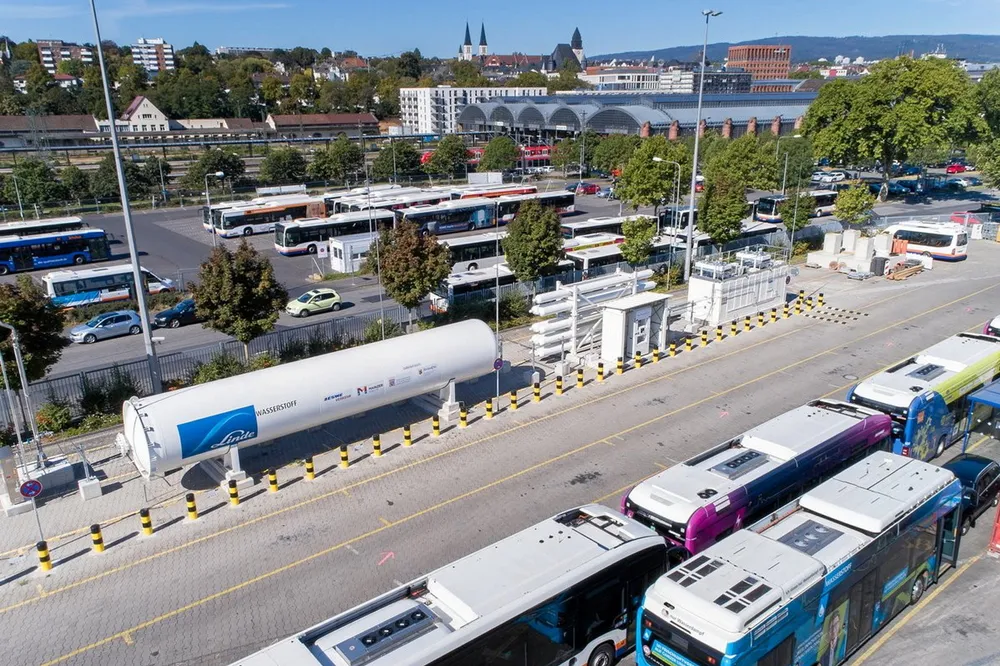German city to retire its one-year-old hydrogen fuel-cell buses after €2.3m filling station breaks down
Wiesbaden’s public transport company to end H2 programme — which had received more than €5m from EU and German authorities — and stick to electric battery buses over long term
